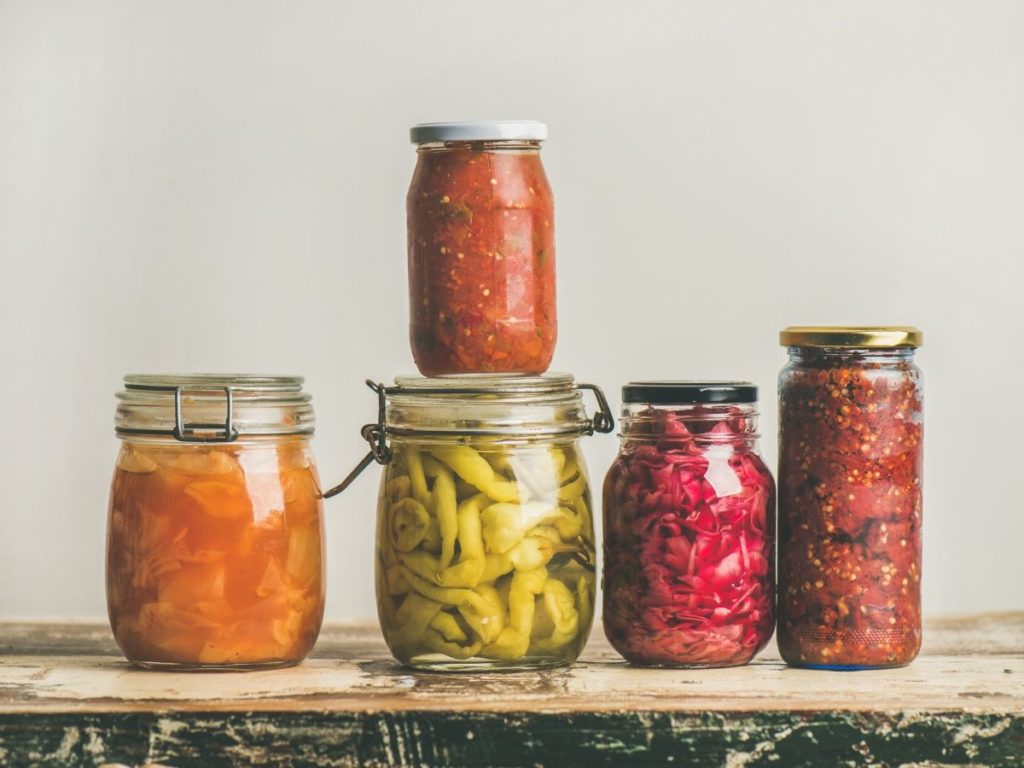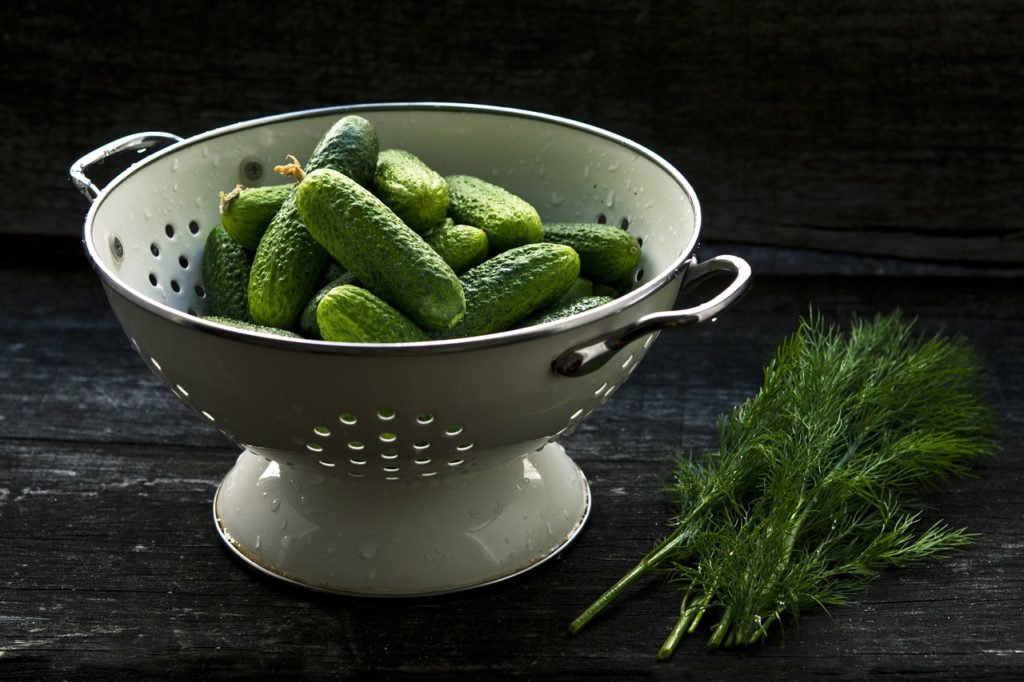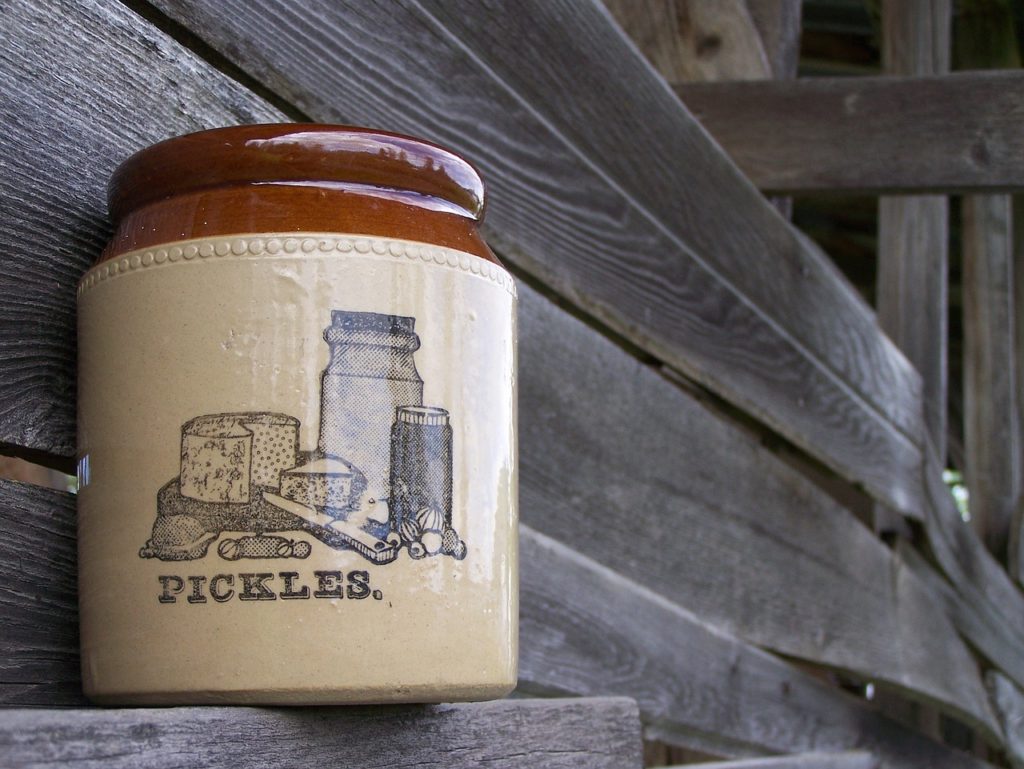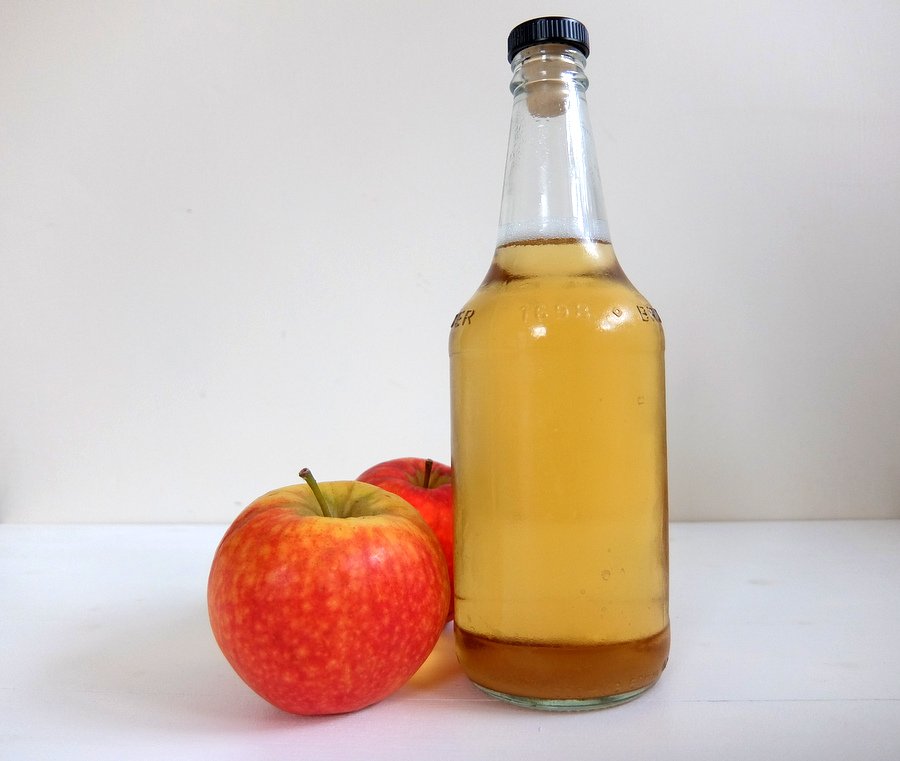Once you start fermenting your own vegetables a whole world of possibilities start flying through your head. What if I ferment this, what would that turn out like.
Table of Contents
Can You Ferment Any Vegetable?
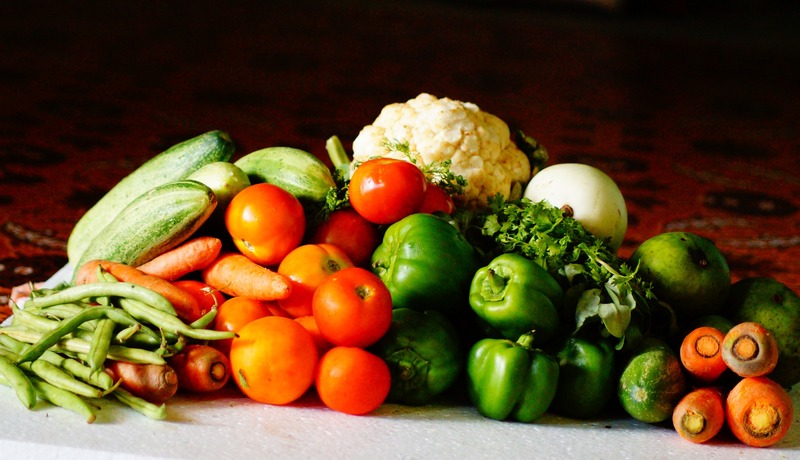
In short, yes you can. If you create the right conditions with either brine or by dry salting the correct amount any vegetable will ferment.
The lactic acid bacteria needed for fermentation is present on all vegetables and as long as you encourage it then it will ferment pretty much any vegetable.
Admittedly, not every vegetable is going to be a massive success. It is just because some vegetables are more suited to fermentation than others.
Choosing Vegetables To Ferment
The best vegetables to ferment will really be down to personal preference, however, there are some things to think about when we look at what to start fermenting.
The best place to start is by looking at some classics and what makes them so good as ferments.
Most Popular Vegetables To Ferment
- Cucumber
- Carrot
- Cabbage
- Beets
- Cauliflower
- Chilli
- Radish
Characteristics Of Good Ferment
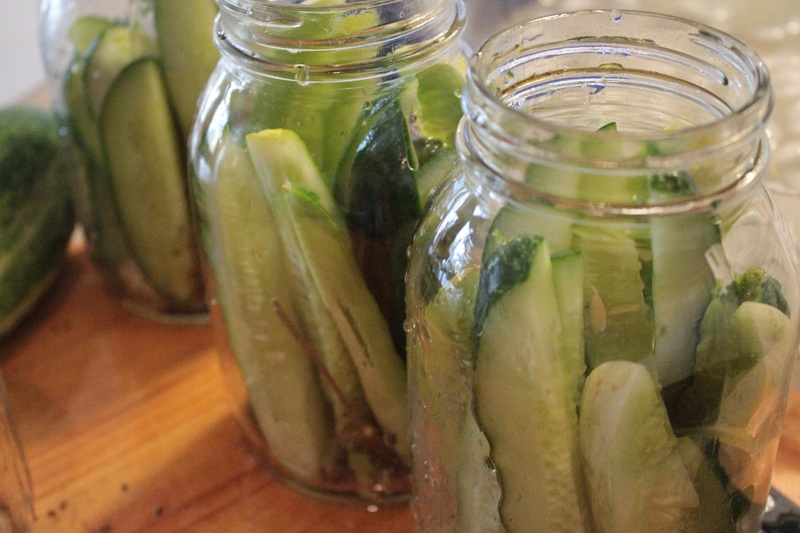
The one vegetable that is synonymous with ferments is the cucumber. Dill pickles or gherkins are known around the world and are one of the best examples of a great ferment so what makes them so good?
Tasty When Raw
Cucumbers are perfect ferments because they are great raw. Cucumbers are rarely cooked in any way but the flavour is unique and bold enough that they are best eaten raw. This is one of the reasons they are so good pickled.
Similarly, you want to look for vegetables that taste good raw and fermentation often enhances this flavour. Carrots, beetroot, radish, cucumber are all great when raw.
The other thing about fermentation is that it makes vegetables easier to digest. Vegetables like cabbage break down when fermented so they are much easier to digest than in their raw state. They still do taste good raw so keep that in mind.
Texture Is Firm and Juicy, Not Mushy
Think about the texture of any of the pickles you may of had and the vast majority of them will have a pleasing bite to them.
Again, starting with the most famous, the dill pickle. The texture of a dill pickle is firm and almost crisp at the same time as being juicy. This is part of what makes them so enjoyable.
Beets, carrots, asparagus and broccoli are all firm and have a bite to them. They make very successful ferments whereas delicate leafy greens like lettuce or spinach are less appetizing in texture.
Considerations For Fermenting Vegetables
You will want to avoid any vegetable that has been treated or processed in any way beforehand.
Some fruits and vegetables can be coated in wax, sprayed with pesticides and things such as this and this is definitely something you will want to avoid.
You also want to make sure the vegetables are as fresh as possible. A quality ferment starts with quality ingredients and any vegetable that is looking past it’s best is not worth fermenting.
Try Fermenting Fruits
Why stop at just fermenting vegetables when there is a whole world of fruit to explore as well.
Fermentation relies on lactic acid bacteria feeding on sugars. Fruit is full of sugars that ferment into something really unique. What was once a sweet fruit takes on a tart, savoury quality that works great in cooked dishes.
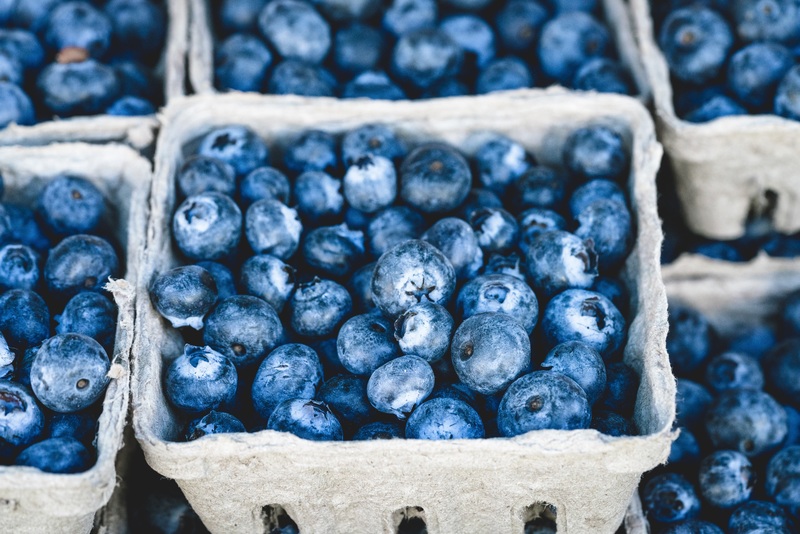
Fermented berries work really well, blueberries for instance break down slightly but create a wonderfully tart and salty topping to roasted meats but also work great with sweet things such as topping a bowl of ice cream.
